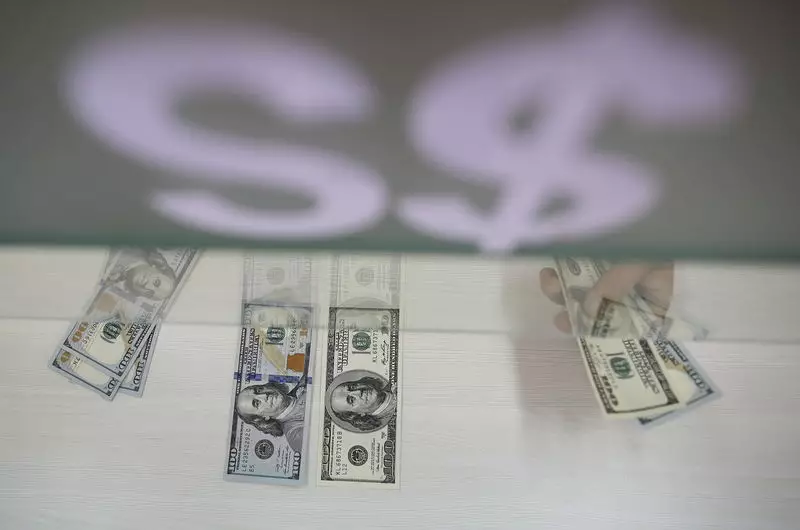The world of cryptocurrency is one characterized by transition, and it is poised for another significant shift with President-elect Donald Trump’s impending administration. The expected changes, as articulated by sources close to Trump’s team, signal a potential reorientation of federal policy towards a more favorable environment for digital assets. This article delves into the implications of Trump’s anticipated directives, analyzing how they may reshape the landscape for cryptocurrency companies in the United States and alter public perception of this burgeoning financial sector.
In the early days of his presidency, Trump is reportedly planning to leverage his executive powers to diminish regulatory constraints that have historically plagued cryptocurrency companies. This approach aims to streamline operations for digital asset firms and broaden their market adoption. A centerpiece of his strategy could be the establishment of a cryptocurrency advisory council, a notion Trump initially proposed during his campaign. This council, potentially comprising around 20 experts, would be tasked with advising the federal government on policies that foster a crypto-friendly climate.
Such a move is significant as it indicates a shift in attitude towards cryptocurrencies at the federal level. Unlike the previous administration, which focused on tightening regulations as a safeguard against fraud and financial misconduct, Trump’s approach seems to prioritize encouragement and integration. Advocates of cryptocurrency view this potential council as a pivotal element in nurturing growth and innovation within the sector.
Among the policy proposals that Trump’s team is reportedly exploring is the rollback of a controversial accounting guidance known as “SAB 121,” implemented by the Securities and Exchange Commission (SEC) in 2022. This guidance has reportedly imposed substantial costs on banks attempting to hold cryptocurrencies for their clients, creating a barrier for companies looking to enter the market. If Trump succeeds in rescinding these guidelines, it may facilitate greater participation from traditional financial institutions in the crypto space, which has historically struggled for legitimacy in the eyes of mainstream investors.
Additionally, Trump’s administration may signal an end to what industry insiders have termed “Operation Choke Point 2.0.” This initiative has been perceived by many in the cryptocurrency industry as an effort by federal regulators to restrict banking services to crypto firms. The proposed cessation of such operations would represent a stark departure from the current regulatory climate, potentially allowing cryptocurrency companies broader access to necessary banking services, thus fostering a more conducive environment for growth.
The contrast between Trump’s proposed policies and those of the Biden administration highlights the divergent philosophies on how to approach cryptocurrency. Biden’s regulatory framework has predominantly focused on enhanced scrutiny and enforcement to mitigate risks associated with fraud and money laundering. This has led to a series of judicial actions against major crypto exchanges, creating unease within the industry. Notably, these actions have intensified scrutiny following high-profile scandals, such as the fall of prominent figures like Sam Bankman-Fried.
While there are valid concerns surrounding fraud and illicit activities in the cryptocurrency sphere, Trump’s proposed focus on creating an advisory council and easing restrictions suggests a willingness to balance oversight with opportunity. This shift may energize the industry, empowering entrepreneurs and innovators to pursue new ventures within the digital economy.
Trump’s anticipated policies will also benefit from the backing of crypto advocates, who comprise an influential contingent within his network. This support could serve as a catalyst for fostering favorable regulatory conditions in Washington, positioning cryptocurrency as a legitimate and viable component of the broader financial landscape.
Although the outcome of Trump’s executive initiatives remains uncertain, if effectively implemented, they could dramatically alter the trajectory of cryptocurrency in the United States. By promoting a more inclusive regulatory framework, the administration has the potential to integrate digital assets into mainstream finance, paving the way for wider acceptance and usage among the public.
The evolution of cryptocurrency in the U.S. hinges not only on market dynamics but increasingly on the regulatory environment. Trump’s incoming administration presents an opportunity for a more favorable stance toward digital assets. Whether this results in a transformative period for the industry will depend on the execution of proposed policies and the response of stakeholders within this rapidly evolving sector.

